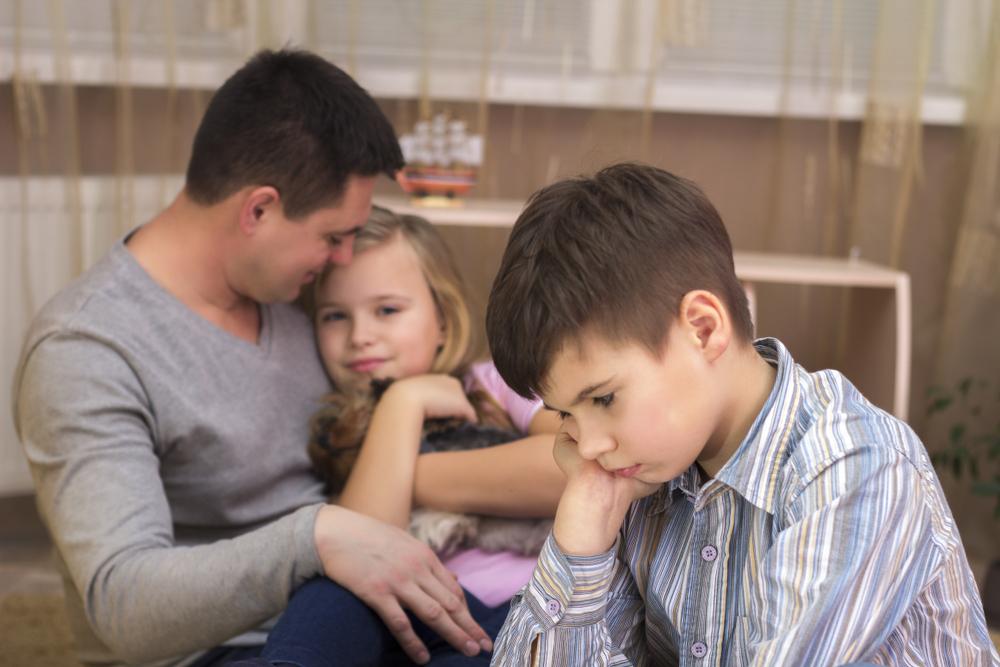Family favoritism is a reality in many households, even if it is unintentional. While most parents aim to treat their children equally, subtle differences in attention, praise, and expectations can create a clear divide. This often results in one child being perceived as the “favorite” while another feels like the “outsider.” Both roles come with long-term emotional effects, shaping personality, self-worth, and relationship patterns well into adulthood. In this guide, we explore six common signs you were the favorite child, followed by six signs you were the one who did not fit in, along with insights into the effects of favoritism in families.
1. You Received More Praise and Encouragement

A classic sign of being the favorite child is consistently receiving positive feedback for achievements, no matter how small. Parents may highlight your accomplishments at family gatherings or praise you more frequently than your siblings. Over time, this steady stream of encouragement boosts confidence but can also create pressure to maintain a “perfect” image.
2. You Were Trusted with More Freedom

In many families with favoritism, the preferred child is given privileges earlier than others. You may have been allowed to stay out later, choose your own activities, or make independent decisions. This trust often stems from the belief that you are more responsible or mature, which can strengthen your sense of independence.
3. Your Parents Took Your Side in Conflicts

Whether in sibling arguments or external disputes, the favorite child often notices that parents side with them more often. This support may be subtle, such as defending your perspective, or more direct, like stepping in to advocate for you at school. While this feels affirming, it can also strain sibling relationships.
4. You Were Positively Compared to Your Siblings
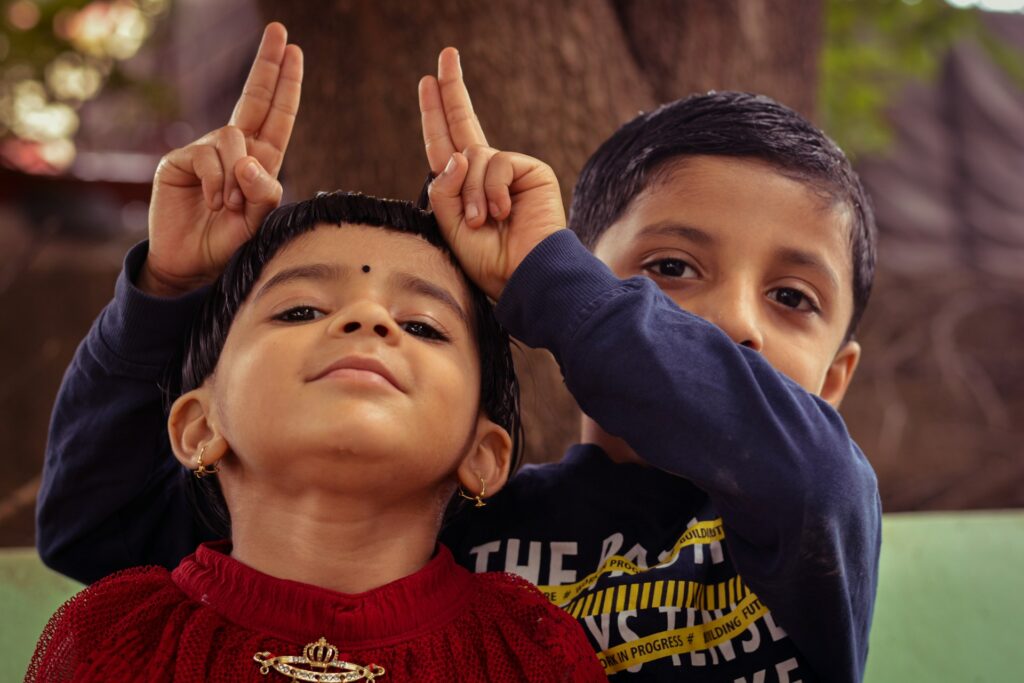
Parents sometimes compare children as a way to encourage better behavior or performance. If you were frequently held up as the “example” for siblings to follow, it is a strong indicator of favoritism. While positive comparisons can feel validating, they can create sibling rivalry and resentment.
5. You Faced Lighter Consequences for Mistakes

Another sign of being the favorite child is experiencing leniency when rules were broken. Parents may have given warnings instead of punishments or overlooked certain behavior altogether. This can create a sense of security but might also lead to difficulty accepting accountability later in life.
6. You Had More Quality Time with Parents

Time is one of the clearest measures of parental preference. If you received more one-on-one outings, extra help with schoolwork, or special bonding activities, this extra attention likely reinforced your position as the favorite. Such moments often leave lasting memories and deepen emotional connection.
6 Signs You Did Not Fit In with Your Family

Growing up, family is supposed to be your safe place, the one group where you belong without question. But for some people, that sense of connection never truly happens. Instead, you might feel like the odd one out, misunderstood, or even invisible in your own home. These feelings can be subtle or painfully obvious, but they often leave a lasting mark. Here are six telling signs you may never have fully fit in with your family.
1. Your Interests Were Overlooked or Discouraged

If your hobbies, passions, or career goals were consistently ignored or dismissed, it may have reinforced feelings of being different. A lack of enthusiasm for your pursuits can lead to emotional distance and a belief that you do not truly belong in the family.
2. You Were Held to Stricter Standards

In families where favoritism exists, the child who does not fit in may be judged more harshly for similar mistakes. You might have faced stricter curfews, higher expectations, or more severe punishments. This imbalance often fuels feelings of frustration and unfairness.
3. You Took on the Role of Peacemaker
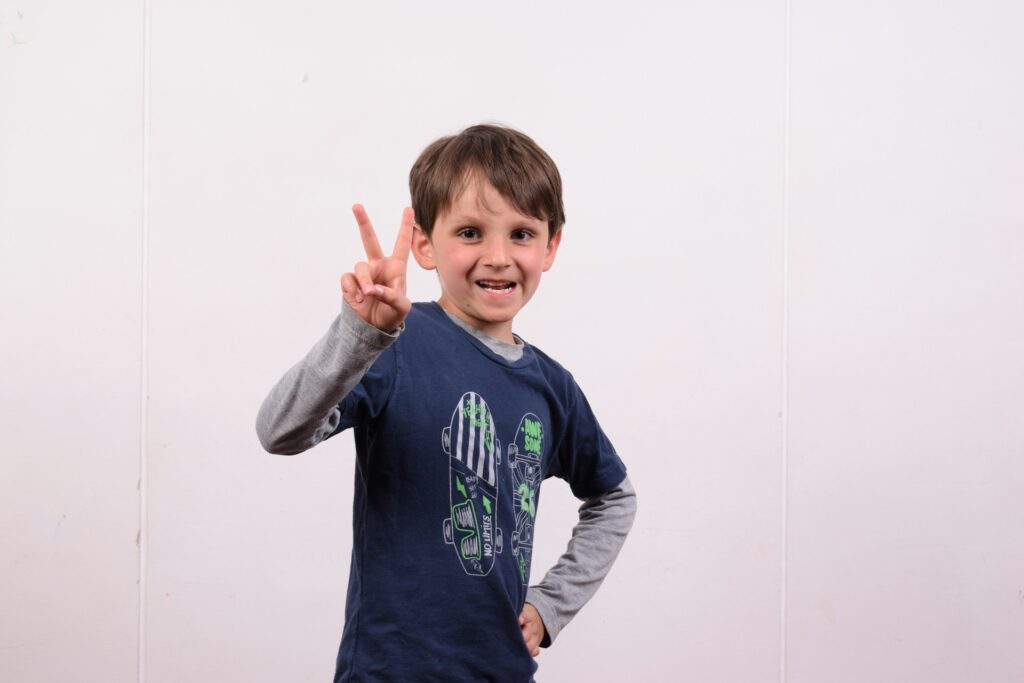
Some children who feel excluded end up becoming the problem solvers in the family, smoothing over conflicts and prioritizing others’ needs above their own. While this can lead to strong empathy and emotional intelligence, it also creates emotional exhaustion and a lack of personal boundaries.
4. You Received More Criticism Than Praise
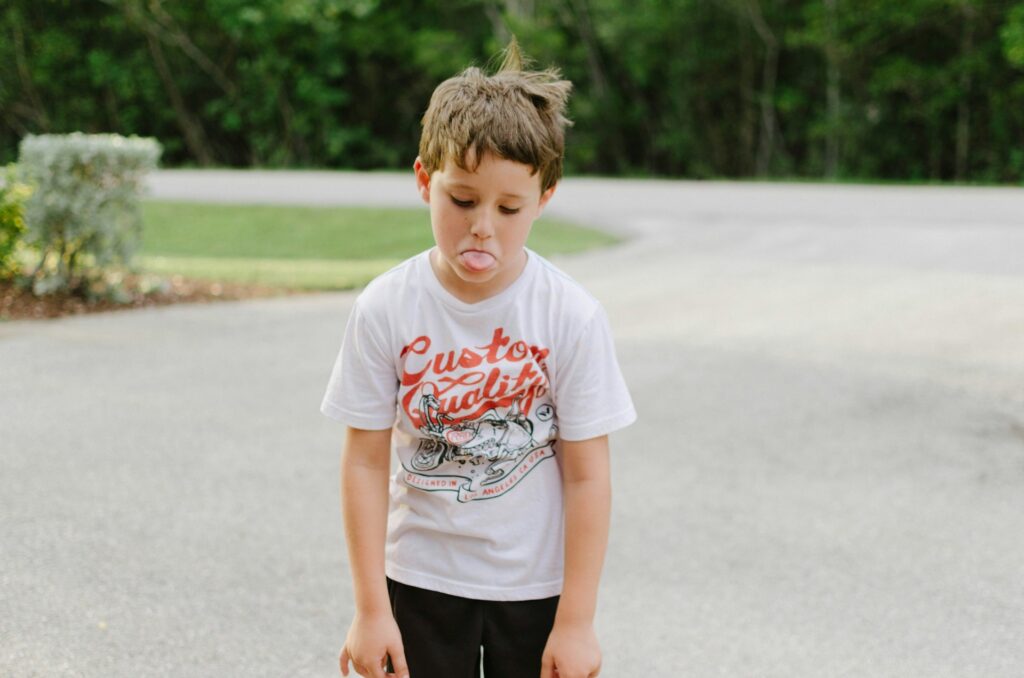
Constantly being told what you were doing wrong, without equal recognition for what you did right, is a powerful sign of exclusion. Over time, this imbalance chips away at self-esteem and can make it difficult to feel competent or valued.
5. Your Siblings Shared a Bond You Were Left Out Of
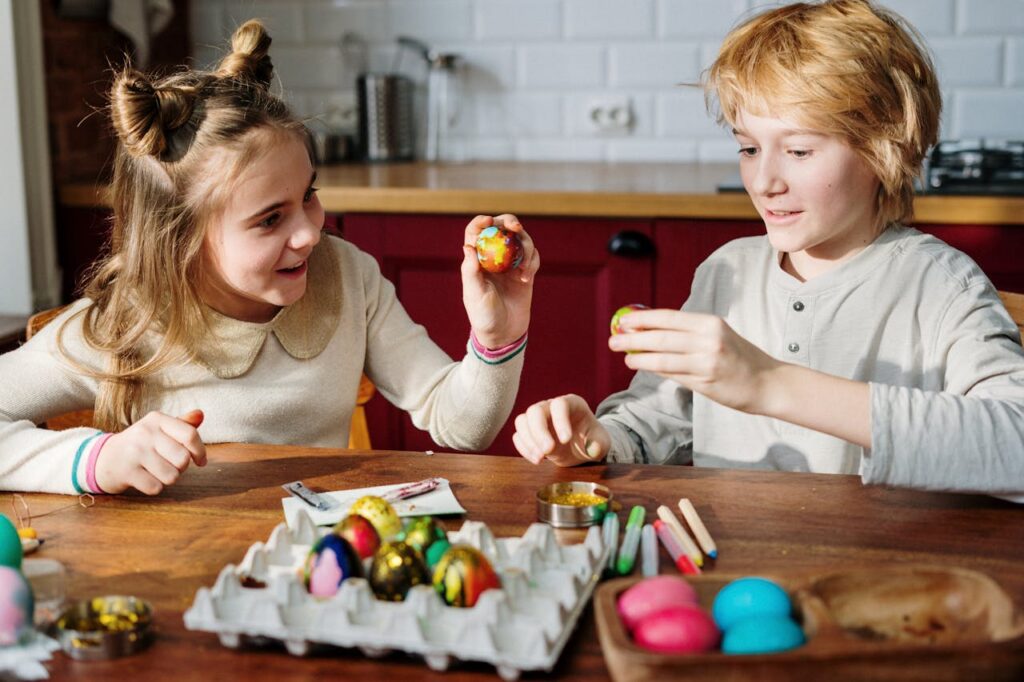
Feeling like the “odd one out” often comes with seeing siblings form close alliances without you. Whether due to shared interests, similar personalities, or perceived parental favoritism, these bonds can leave you feeling isolated during family interactions.
6. You Hid Parts of Yourself to Avoid Judgment

Perhaps the most telling sign of not fitting in is feeling you cannot be your true self around your family. If you found yourself hiding opinions, feelings, or even your identity, it indicates a deep fear of rejection or criticism. This can carry into adult relationships, making authenticity more difficult.
The Effects of Favoritism in Families
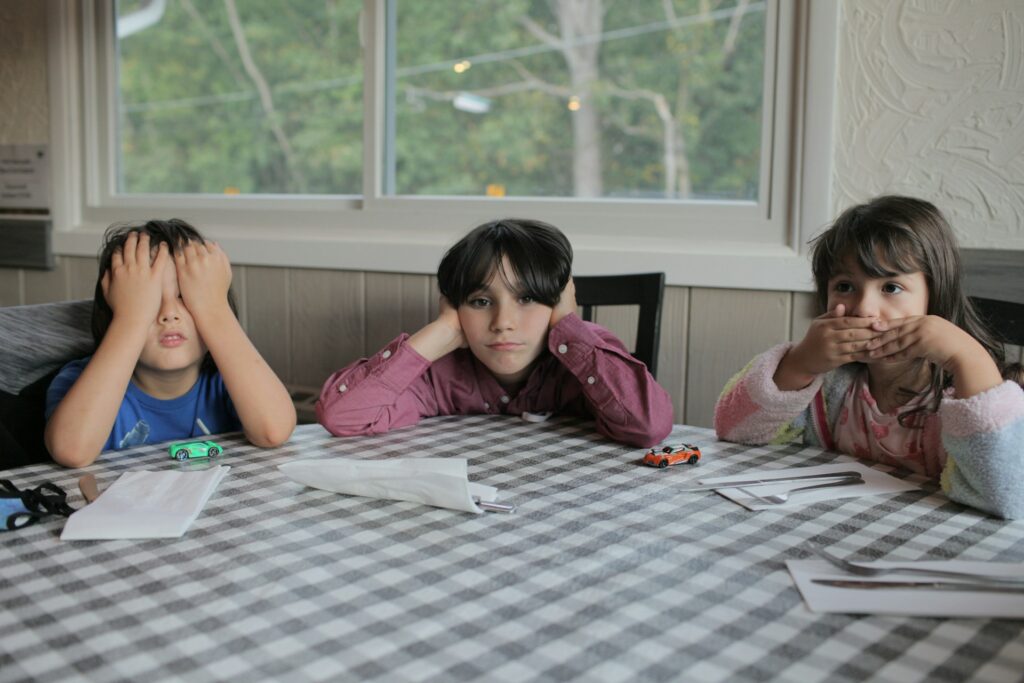
Favoritism in families has lasting psychological effects for both the preferred and non-preferred children. Research shows that favorite children often enjoy higher self-esteem and stronger parental bonds but may struggle with perfectionism and pressure to meet high expectations. On the other hand, children who did not fit in often develop independence, resilience, and empathy, but may battle feelings of inadequacy and difficulty trusting others.
These patterns are not always deliberate. Factors such as shared interests, similar personalities, birth order, or life circumstances can unintentionally lead parents to favor one child. Cultural values may also play a role in determining which traits are praised and which are discouraged.
Moving Forward and Healing from Family Favoritism
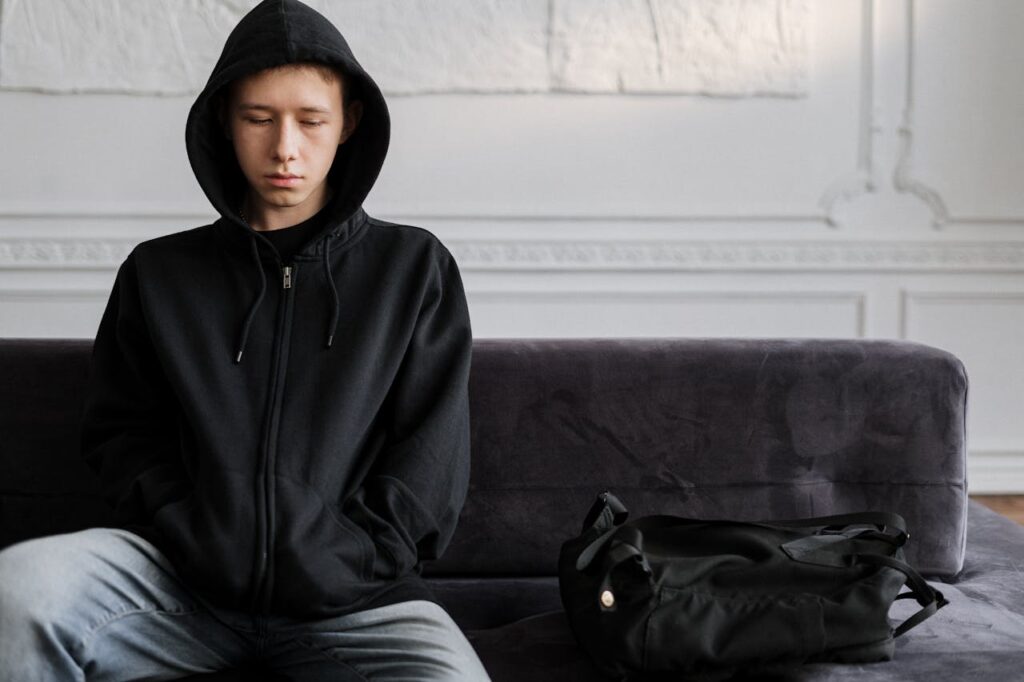
Understanding whether you were the favorite child or the outsider is the first step toward self-awareness and personal growth. If you were the favorite, it is important to recognize how this may have impacted your siblings. Listening without defensiveness and validating their experiences can help repair strained relationships. If you were the one who did not fit in, focusing on building self-worth through supportive friendships, therapy, and self-compassion can help you overcome feelings of exclusion.
Setting healthy boundaries, having open conversations with family members, and seeking professional guidance when needed are valuable tools for healing. The goal is not to dwell on past roles but to use that knowledge to create healthier dynamics in your current and future relationships. Family favoritism may have shaped your childhood, but it does not have to define your future. By understanding these signs and their effects, you can make conscious choices to foster balanced, respectful, and supportive connections in every area of your life.
Read More: People Who Were the Family Peacemaker Often Struggle with These Patterns in Adult Relationships
Disclaimer: This article was created with AI assistance and edited by a human for accuracy and clarity.
